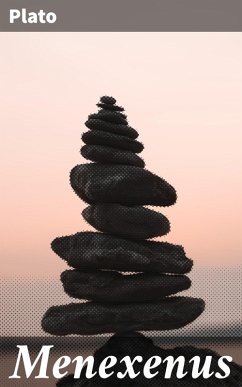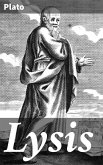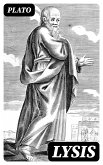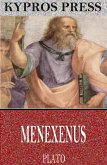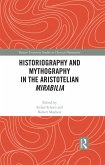In 'Menexenus,' Plato presents a thought-provoking dialogue that explores themes of rhetoric, memory, and virtue through a fictionalized eulogy delivered by Socrates. This work, characterized by its ironic tone and layered argumentation, critiques the art of persuasion prevalent in Athenian society while simultaneously serving as a homage to fallen soldiers. The dialogue invites readers to grapple with the ethical implications of oratory and the responsibilities of citizenship, illustrating how artful words can both uplift and manipulate the public conscience, thereby situating the text within the broader context of Plato's philosophical inquiries into truth and morality in the realm of politics. Plato, an incisive thinker and student of Socrates, was influenced by his mentor'Äôs life and untimely death. His experiences in a politically tumultuous Athens, coupled with his philosophical pursuits, shaped Plato'Äôs understanding of the power of rhetoric and its potential for both good and evil. As a founding figure of Western philosophy, his dialogues often reflect his concern with the moral integrity of leaders and citizens alike, as evident in 'Menexenus' as he examines the intersection of memory, honor, and ethical rhetoric. 'Parsed' through a lens of wit and philosophical depth, 'Menexenus' is recommended for readers interested in the interplay between rhetoric and ethics in political discourse. The dialogue not only uncovers the intricacies of public speaking but also invites reflection on the societal values that underpin civic engagement. Engaging with this text offers both a challenge and a delight, making it essential for those seeking to understand the philosophical underpinnings of contemporary discourse.
Dieser Download kann aus rechtlichen Gründen nur mit Rechnungsadresse in A, B, BG, CY, CZ, D, DK, EW, E, FIN, F, GR, H, IRL, I, LT, L, LR, M, NL, PL, P, R, S, SLO, SK ausgeliefert werden.

